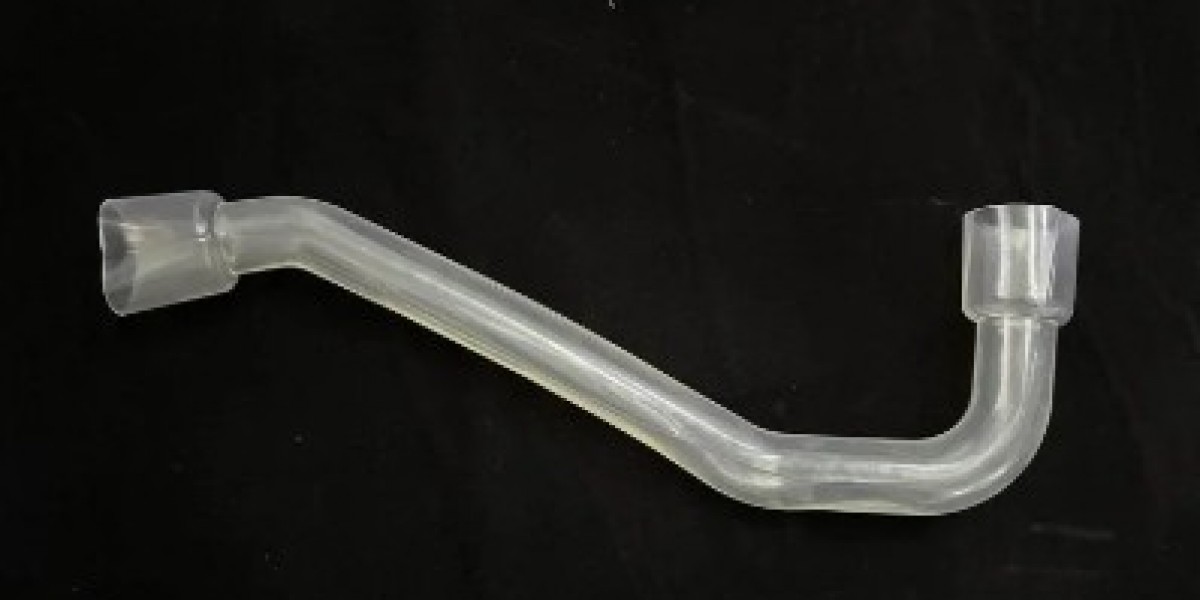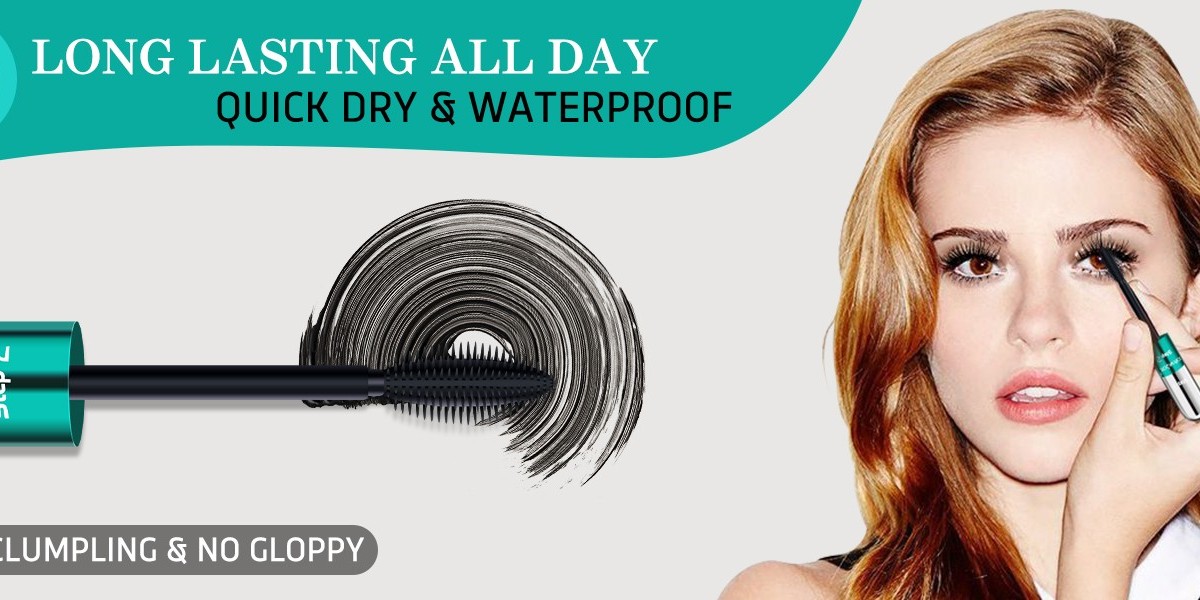PVC hose, a versatile and widely used product, has become an essential component in various industries. Its flexibility, durability, and affordability make it a popular choice for many applications. One of the common questions that arise is whether PVC hose can be used for both water and air applications. In this blog, we will explore the characteristics of PVC hose and discuss its suitability for water and air applications.
I. Understanding PVC Hose
Before delving into its applications, it is important to understand the composition of PVC hose. PVC (Polyvinyl Chloride) is a synthetic plastic polymer known for its excellent flexibility and chemical resistance.PVC hosesconsist of multiple layers, including an inner tube, reinforcement layers, and an outer cover, providing strength and durability.

II. PVC Hose for Water Applications
Water Transportation:
PVC hoses are commonly used for water transportation due to their resistance to corrosion and their ability to handle various water pressures. These hoses are widely utilized in agriculture, gardening, irrigation systems, and construction sites for the efficient delivery of water.
Water Supply Lines:
PVC hoses are an ideal choice for water supply lines in residential, commercial, and industrial settings. Their flexibility allows for easy installation, and they are resistant to degradation from exposure to water, making them a reliable option for long-term use.
Pool and Spa Applications:
PVC hoses are extensively used for pool and spa applications, such as connecting filtration systems, pumps, and water features. Their resistance to chlorine and other chemicals ommonly found in pools and spas makes them suitable for these environments.
III. PVC Hose for Air Applications
Compressed Air Systems:
PVC hoses can be effectively used for compressed air systems in various industries, including manufacturing, automotive, and construction. They offer excellent flexibility, enabling easy maneuverability in tight spaces, and can withstand moderate to high air pressures.
Pneumatic Tools:
PVC hoses are commonly employed for pneumatic tools due to their ability to handle the air pressure required for efficient tool operation. These hoses provide a reliable connection between the air compressor and the pneumatic tool, ensuring uninterrupted performance.

IV. Factors to Consider
While PVC hoses can be used for both water and air applications, there are certain factors to consider before making a choice:
Temperature Limitations:
PVC hoseshave temperature limitations, particularly in high-temperature environments. Excessive heat can cause PVC to soften or even melt, compromising its structural integrity. Therefore, it is essential to assess the temperature requirements of the specific application before using PVC hoses.
Pressure Ratings:
Different applications have varying pressure requirements. It is crucial to select PVC hoses with appropriate pressure ratings to ensure their safe and efficient operation. Exceeding the recommended pressure limits can lead to hose failure and potential hazards.
Chemical Compatibility:
Certain chemicals can degrade PVC hoses over time. It is crucial to consider the type of chemicals present in the application environment and choose hoses that are compatible with those substances.

Conclusion
PVC hoses manufactured by Jiahe Plastic offer a versatile solution for both water and air applications. Their flexibility, durability, and affordability make them suitable for a wide range of industries. However, it is essential to consider factors such as temperature limitations, pressure ratings, and chemical compatibility before selecting PVC hoses for specific applications. When used correctly, PVC hoses can provide reliable performance and meet the diverse needs of water and air applications.







